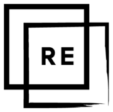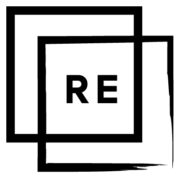Professional Experience
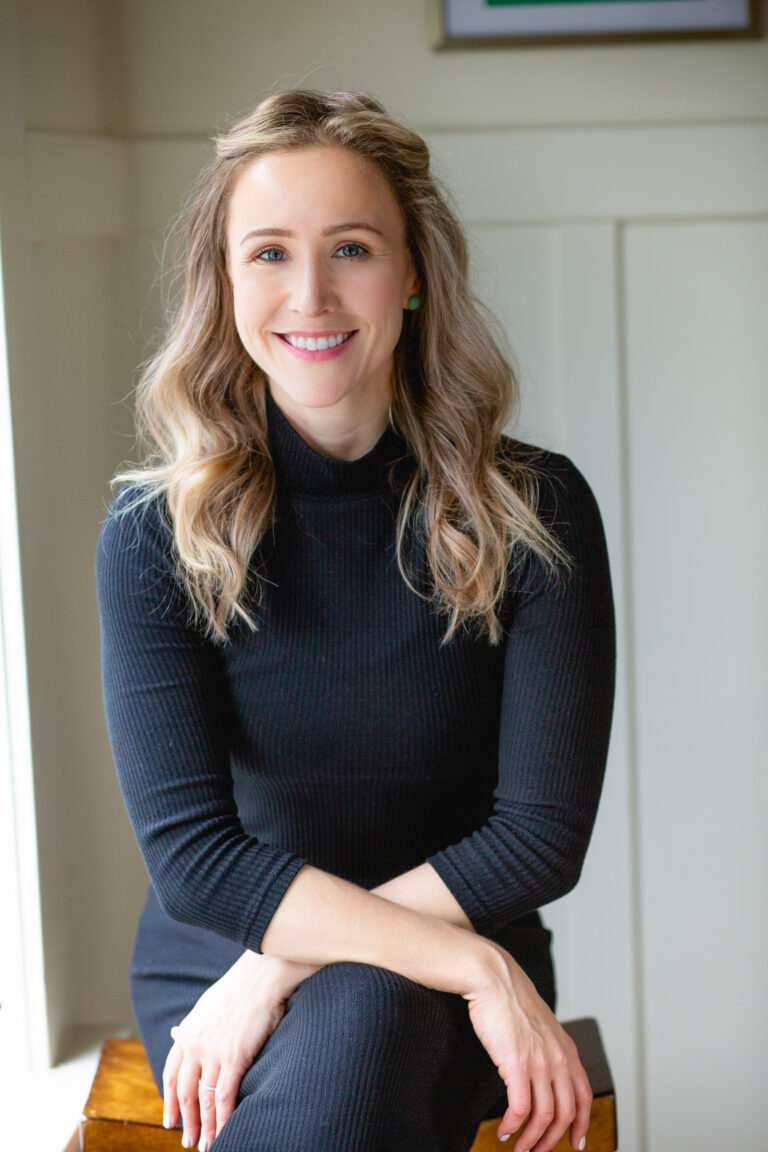
I am a practising lawyer and a certified executive coach.
I have legal experience in firm and in-house practice settings, leadership experience in a large organization, and training in professional coaching for individuals and teams.
I am committed to helping other lawyers and their teams create sustainable legal practices that are both stable and fulfilling.
I work with lawyers, teams, and firms who want to find better ways to contribute valuable client service while staying engaged and balanced.
I coach lawyers one-to-one, deliver professional development sessions for firms and legal teams, and facilitate team retreats.
Education in Psychology and Law
While studying Psychology at Queen’s University, I focused on social and developmental psychology courses. I was also drawn to electives in logic, sustainable development, and business law.
These interests, plus a love of words and a drive for justice, led me to law school at the University of British Columbia.
Law Firm Experience
Working in law firms confirmed my interest in practising law.
Before law school, I trained people in technology tools at a large national Vancouver firm. After my first year of law school, I interned at a Victoria firm.
Both experiences offered me excellent early career mentoring and experience working in busy law offices.
I then summered, articled, and practiced law at a large national firm in Vancouver. There, I got a strong start as a commercial lawyer, working on infrastructure projects, financings, and other corporate and commercial matters.
In-House Experience
When I was ready for new learning, I joined a high-performing legal team in a global natural resource business that is a leader in its industry.
I started as an individual contributor, then joined the Senior Management Team and the North America Leadership Team.
I learned from talented colleagues across the business and developed my own ways of thinking strategically, collaborating cross-functionally, and providing legal service of value.
I currently practice as a fractional in-house Senior Legal Consultant.
Coaching Experience
As in-house counsel, I was fortunate to attend a leadership development program at the Center for Creative Leadership. There, my interests, education, and professional experience clicked into place. Coaching was the right next step to explore in my professional development.
A couple of years later, I attended Royal Roads University for executive coaching.
After these transformative learning experiences (and some overthinking!), I decided to create my own coaching business.
My coaching practice focuses on professional development for lawyers, law firms, and legal teams, although I have experience coaching professionals across industries, roles, and topics.
My legal practice and my coaching practice share key elements that I value:
- Respecting confidentiality.
- Crafting clear agreements.
- Collaborating with high-performing professionals.
- Delivering client service of value.
- Being a trusted business partner.
Coaching Perspective
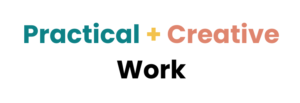
I believe that our professional lives can be both practical and creative.
We can do work that contributes useful, customized service to our clients, customers, colleagues, communities, and other stakeholders. And we can create better results with innovative solutions and effective relationships.
We can have secure, successful careers that sustain us and our families. And we can have the unique balance that we each need in order to enjoy how we spend our time, at work and in the rest of our lives.
We can be our analytical, high-performing selves - the ones who helped get us where we are today. And we can be our creative, multi-faceted selves - the ones who will help get us where we want to be tomorrow.
Principles of Practical + Creative Work
Delivering Quality
High-quality legal service is required in order to be trusted advisors and team members. To deliver high-quality service, we need to know and adhere to our own definition of quality, as well as the definitions of quality that are held by our clients and colleagues. When we invest the right time, attention, and energy in creating thoughtful, useful, high-quality work, we deliver service of value to clients and colleagues.
Contributing Value
We like to do meaningful work.
Work that fulfills and sustains us and our people. Work that advances our clients, colleagues, and communities. Work that creates value in the world.
When people are connected to the people with whom they work, the tasks that they undertake, and the greater purposes that their work advances, they are more engaged and make more valuable contributions.
Owning Choices
There are many elements of life over which we have no control. But we each have the ability to choose how we respond to challenges, changes, and choices that arise. We each have agency with respect to our careers. We can create needed changes and results, in ways that are meaningful, sustainable, and in integrity.
Collaborating Successfully
All work is collaborative, but not all collaborations are successful.
Each person has a unique, valuable part to play in a system. The success of the system depends on each person's part, as well as the interactions between the people involved.
When we recognize each person's perspectives and contributions and we develop intentionally as teams, we invite individual engagement and collective success.
Thinking Creatively
In long-standing professions like law, it can seem like there are only a handful of ways to do things. In reality, there are as many ways as there are lawyers. Our job is to find ways of working that work for us. Technology advances, economic challenges, compliance obligations, and pandemic-related workplace changes all require, and create opportunities for, creativity. When we stay curious and agile, and we leverage the right tools for each situation, we improve, grow, and innovate.
Learning Continuously
Professional development is personal development, and vice versa. Learning possibilities are iterative and infinite. Every challenge, change, and choice is an opportunity for learning.
About ourselves. About others. About the ways that we want to be. At work and in the rest of our lives.
Be Practical
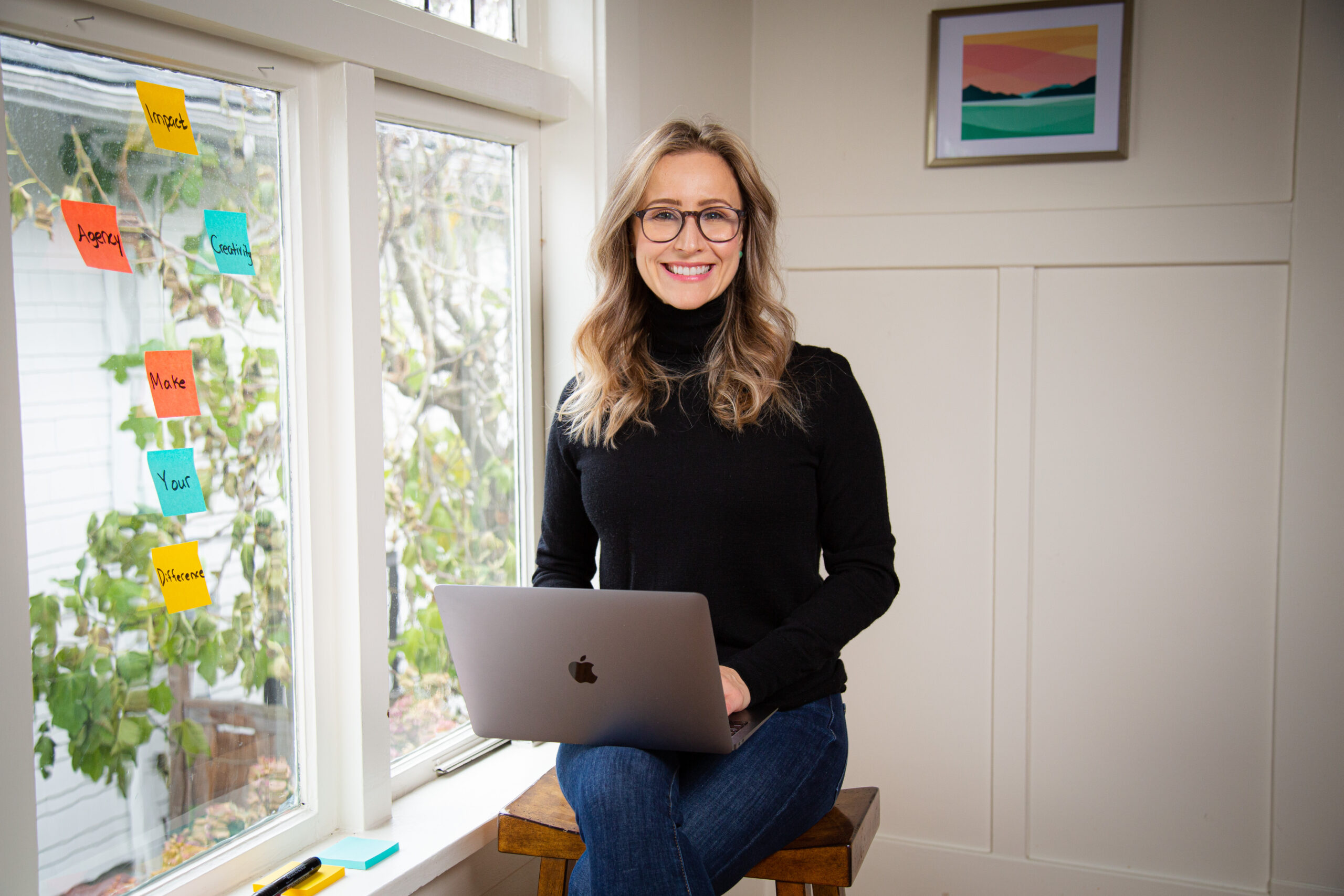
Relationships impact the value of client service.
The Strength Deployment Inventory (SDI) is a personality and strengths assessment that has practical applications for our work lives, helping us improve relationships and results.
The SDI assessment provides four views:
- Motives (your drivers when you’re at your best)
- Conflict (your drivers when you’re in conflict)
- Strengths (behaviours that you use at work)
- Overdone Strengths (behaviours that limit effectiveness at work)
As legal professionals, we want to provide service of value.
The value of our legal service is found in the worth of our work to our clients, colleagues, organizations, and communities. The value includes our ability to generate accurate, timely, and customized deliverables that our clients actually need and use.
The value also includes the manner in which we provide service. The “How”. The How is strongly impacted by the relationships that we create.
My go-to model for understanding and developing relationships is the Core Strengths model of Relationship Intelligence. Core Strengths created the Strength Deployment Inventory 2.0 (SDI), a strengths assessment about us and how we relate to others. It is scientifically robust but simple to use on a day-to-day basis.
I use the SDI assessment with clients as a practical tool for helping them to improve relationships and results.
Here is a summary of the SDI:
We have core, stable, static motives that drive our behaviour when we’re at our best.
- These are our Motivational Value Systems (MVS) or core motives. Each person’s MVS does not change much over time and experience. The MVS is how we’re driven.
- Our MVS influences the way we approach our working worlds and the rest of our lives.
We also have dynamic, flexible, learned behaviours that we choose to use.
- These behaviours are called strengths. Our strengths not fixed.
- Strengths are tools that can be developed and selected strategically in order to improve results and relationships.
The SDI provides four views:
Motives. We are each motivated by a blend three drivers: people, performance, and process.
Although each person has all three, we differ in which driver(s) we prioritize.
For some of us, being helpful and supporting others is our strongest driver. Some of us are more results-oriented, wanting to get things done better and faster. Some of us are driven by process or getting things done right. Many of us are an even blend of two or three of these drivers.
By understanding our motives and the motives of others – whether colleagues, clients, adverse parties, or opposing counsel – we can relate to others more easily and work together more effectively.
Conflict. Our motives change when we experience conflict.
The SDI focuses on personal conflict (which is internal), which differs from productive disagreement or situational opposition (which is external).
Personal conflict is the root cause that makes situational opposition destructive, compromising relationships and results.
In law, we are familiar with disagreement, debate, and other forms of situational opposition. But opposition does not need to lead to internal conflict for the individuals involved (including counsel).
When it does, being equipped to resolve personal conflict is critical, so that we can be focused, collaborative, and creative enough to achieve successful results while in opposition.
Strengths. At work, we each have strengths that we are more likely to use.
The SDI differentiates between talents and strengths. Unlike natural talents that we are gifted with, strengths are behaviours that we can choose to build and develop, just like we do with physical strength.
Other situations call for different strengths to achieve the best results, based on the people involved and the desired outcomes.
Overdone Strengths. Although we intend well, sometimes we rely too heavily on certain strengths (behaviours) and do not get the results that we want.
Being aware of the strengths that we are most likely to overdo allows us to choose appropriate behaviours that best suit our relationships and desired results.
Also, knowing the strengths that we are least likely to overdo helps us identify our own conflict triggers and move ourselves out of conflict.
This is because we are likely to move into conflict at work when other people use the strengths that we ourselves do not overdo. For example, if you are unlikely to be risk-taking at work, it may trigger you when colleagues or clients behave in this way.
With the above four views, the SDI gives you a personalized guide for Relationship Intelligence, to help you and your teams build trust and form productive relationships.
The SDI is scientifically credible, with a 50+ year history.
The SDI is also tech-enabled, with a customizable confidential online platform and an easy to use mobile app.
To take or learn more about the SDI, please feel free to contact me or check out Core Strengths’ comprehensive resources.
Be Creative
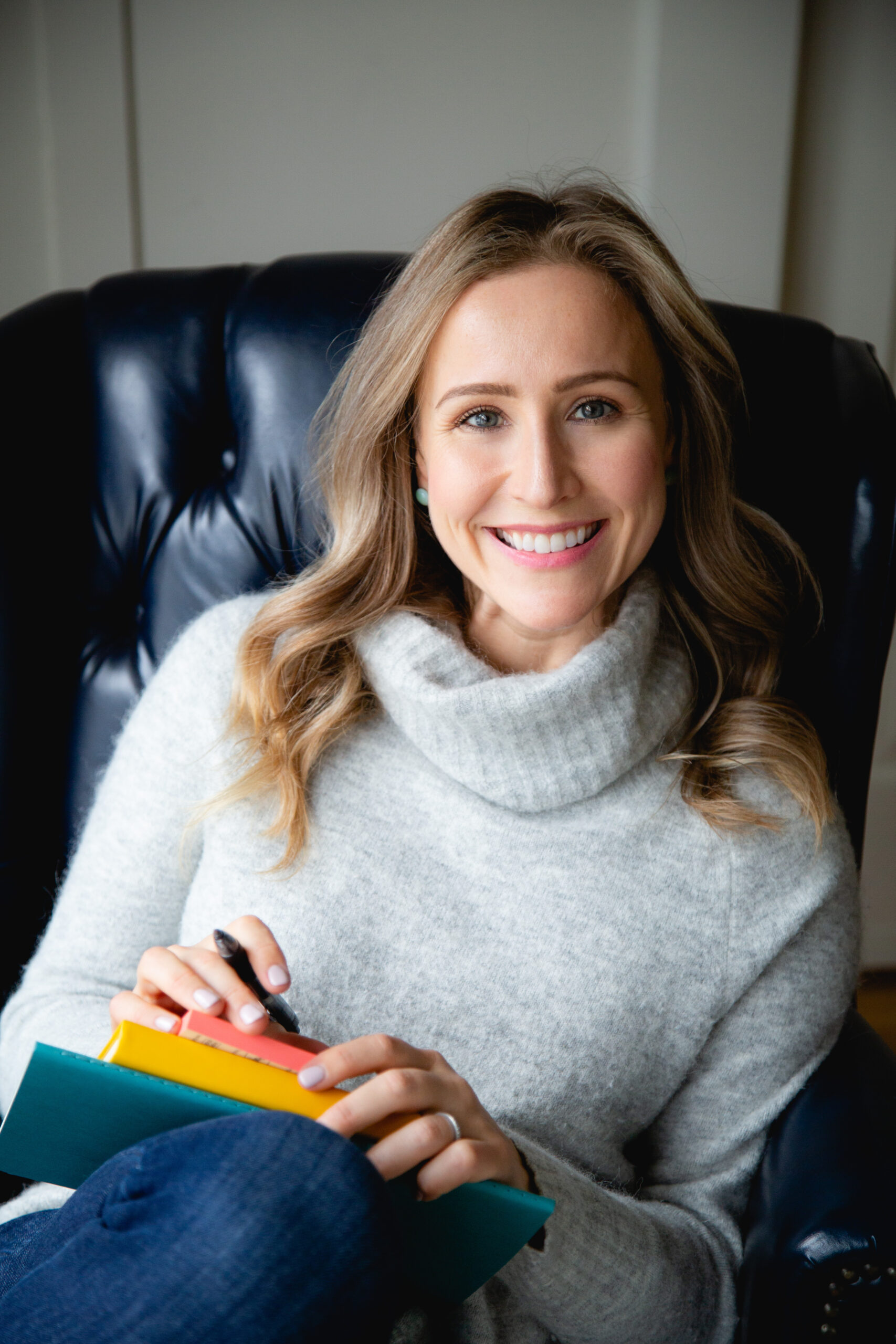
I believe that everyone is capable of being creative.
This includes those of us in professions that are not typically considered “creative”.
Everyone is capable of being creative.
Yes, even those of us in law, where our work relies heavily on analytical skills and logical, linear thinking.
In addition to the arts, creativity includes:
- Applying new perspectives.
- Expressing ideas in different ways.
- Connecting seemingly unrelated concepts to create new meaning and understanding.
- Bringing cross-disciplinary ideas and strategically chosen strengths to work.
- Developing innovative solutions.
Move Forward
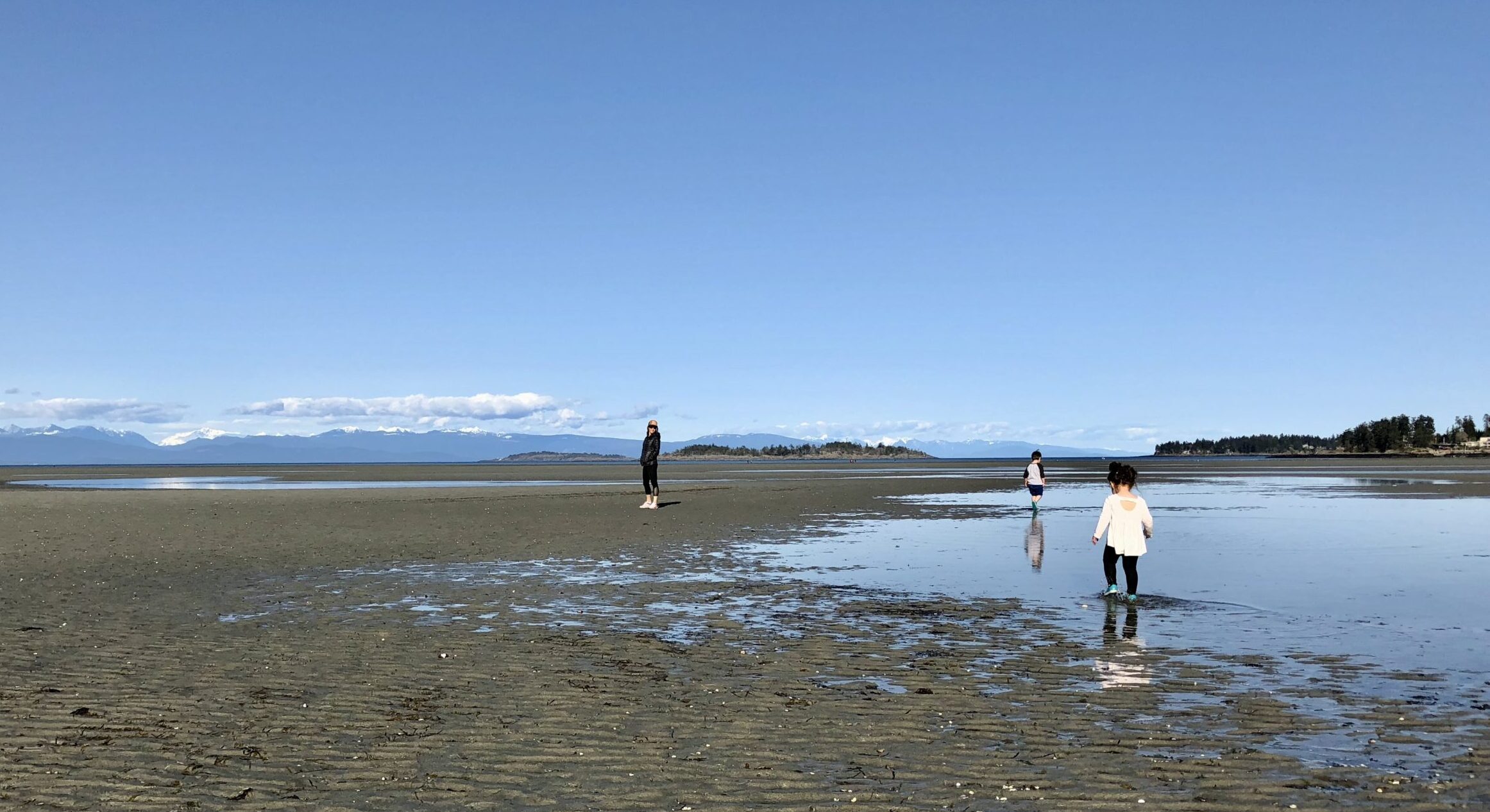
I partner with individuals and teams to:
- Identify their motives and strengths.
- Develop and leverage their experiences, interests, skills, and values.
- Identify their short-term and long-term goals for development.
- Assess their realistic constraints and capacity.
- Create sustainable action plans.
Everyone has experiences, skills, and interests that can help them do their best work.
These parts evolve over time as people grow personally and professionally and gain self-awareness and confidence.
When we are aware of our experiences, skills and interests, and we leverage them appropriately for each situation, we can create and sustain work lives that work well for us and those with whom we collaborate.
This means:
- Developing values-aligned habits and sustainable practices.
- Dealing with conflict constructively.
- Moving through changes with more intention, direction, and ease.
- Making satisfying career choices.
- Doing our best work.
When we do this work, we get to:
- Be curious and engaged.
- Collaborate productively with others.
- Challenge ourselves in new, fulfilling ways.
- Find our own realistic versions of balance.
- Make valuable contributions.
In our work and in the rest of our lives.
Outside of work, I spend the majority of my time with my partner and our two school-aged kids. My family is my inspiration to continuously learn and grow.
I also make a point of prioritizing my other loves — exercise, books, and music — and maintaining meaningful social connection.
My family, community, and interests help me find practical and creative solutions every day.
I live, work, and adventure on the unceded traditional territories of the
xʷməθkʷəy̓əm (Musqueam), Sḵwx̱wú7mesh (Squamish), and səlilwətaɬ (Tsleil-Waututh) nations.
